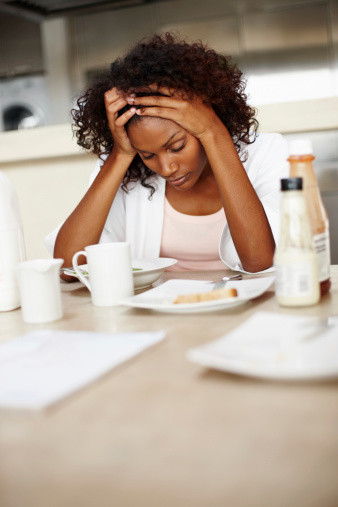South Africa: 12 Million Mentally Ill People Left Stranded Without Help

One in three people in South Africa suffers from mental illness and 75% of them do not receive any sort of help, says a report by the Sunday Times.
According to the investigation, around 12 million people are denied the help they need due to the "severe" shortage of state hospitals specialised in mental illness.
GPs around the country have noted an increase in the number of mentally ill patients, affected mainly by depression, substance abuse, anxiety, bipolar disorder and schizophrenia.
However, the government uses just 4% - R9.3billion (£503m) - of its yearly budget to address the problem.
NGOs such as the South African Depression and the Anxiety Group have criticised South Africa's lack of support to people affected by mental health problems, who number around 17 million in total.
Mentally ill youths– who are sometimes rejected by their families and do not receive treatments in institutions - are at risk of sexual assault and being exposed to prison-like conditions.
As only 1% of beds in psychiatric wards are reserved for children or adolescents, mentally ill youths have to wait months before being admitted to a psychiatric ward.
"We have a severe lack of facilities for children suffering mental health problems," said Professor Ann Skelton of the Centre for Child Law. "We see a lot of children who are at the end of the road and who don't have any options available.
"Kids end up in the system because families can't cope any longer. They're often advised to report the child for a crime, otherwise they can't get them into a facility."
Dr Melvyn Freeman, head of non-communicable diseases at the Department of Health, said the problem has to be taken in the context of South Africa. "We have to look at the priority list.
"There is some mortality in mental health, but when you look at HIV, thousands more are dying."
According to Freeman, the only way to effectively deal with mental health would be through the creation of government-run institutions, to complement the existing network of private facilities.
However, the earliest this could happen is in 2025 because the government has no plan for such a scheme.
© Copyright IBTimes 2025. All rights reserved.






















